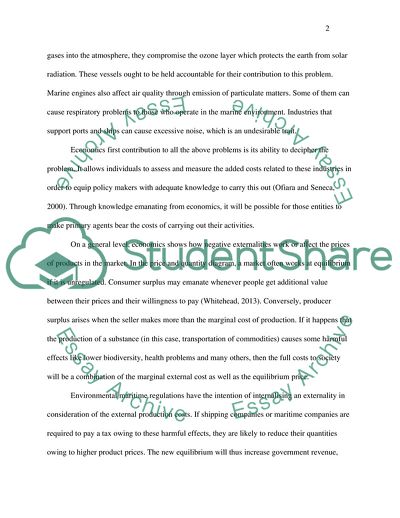Cite this document
(Resolving Externality Problems in Maritime Economics Essay Example | Topics and Well Written Essays - 2000 words, n.d.)
Resolving Externality Problems in Maritime Economics Essay Example | Topics and Well Written Essays - 2000 words. https://studentshare.org/macro-microeconomics/1836836-maaritime-economics-externality-problems-in-shipping
Resolving Externality Problems in Maritime Economics Essay Example | Topics and Well Written Essays - 2000 words. https://studentshare.org/macro-microeconomics/1836836-maaritime-economics-externality-problems-in-shipping
(Resolving Externality Problems in Maritime Economics Essay Example | Topics and Well Written Essays - 2000 Words)
Resolving Externality Problems in Maritime Economics Essay Example | Topics and Well Written Essays - 2000 Words. https://studentshare.org/macro-microeconomics/1836836-maaritime-economics-externality-problems-in-shipping.
Resolving Externality Problems in Maritime Economics Essay Example | Topics and Well Written Essays - 2000 Words. https://studentshare.org/macro-microeconomics/1836836-maaritime-economics-externality-problems-in-shipping.
“Resolving Externality Problems in Maritime Economics Essay Example | Topics and Well Written Essays - 2000 Words”. https://studentshare.org/macro-microeconomics/1836836-maaritime-economics-externality-problems-in-shipping.


